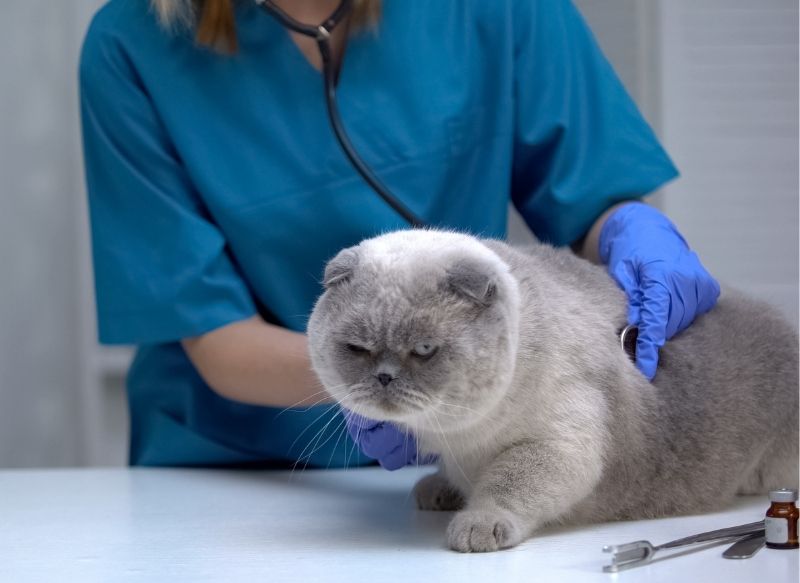Busselton Vet Hospital Library
Rat Bait Poisoning
Learn the first signs of rat bait poisoning in your pet and what actions to take to treat them.

Learn About Rat Bait Poisoning in Dogs & Cats
Rat bait, otherwise known as rodenticides, work by causing lethal coagulopathies- in simpler terms, this means they cause the animal to bleed uncontrollably. Dogs and cats are usually poisoned by direct ingestion of the baits, however can sometimes present to veterinarians due to secondary poisoning from ingesting dead rodents.
What symptoms does it cause?
Most owners that present their pet to a veterinarian with symptoms of rat bait toxicity, are unaware their pet has ingested the poison. We often see pets that have ingested the poison on a walk, from snuffling around in an old shed, or even baits that have been dragged onto the property by rodents. Rat bait inhibits the body’s production of vitamin K, which is essential for the manufacturing of clotting factors in the blood. Without these clotting factors, trauma induced bleeding, or spontaneous bleeding can occur and be fatal. The important signs to look out for are unusual bleeding from the gums, nose or rectum, pale gums, bruising on the skin, blood spots in the eyes or on the gums, generalised weakness or lack of energy. These signs do not occur until 2-3 days after ingestion, so if your pet has known to eaten rat bait it is important to seek veterinary care as soon as possible to prevent development of clinical signs.
How is it treated?
If your pet has eaten rat bait recently, it is important to seek veterinary care as soon as possible; if within 2-4 hours we can make your pet vomit up the bait and potentially prevent any life threatening disease. If clinical signs have begun and a diagnosis of rat bait toxicity is made, firstly we place your pet on a drip, and then give them an infusion of plasma. Plasma is a blood product that contains the clotting factors required to replace the ones your pet has lost due to the rat bait. Within 90 minutes of receiving this transfusion the bleeding should stop and from there it is supportive care and managing the consequences of whatever bleeding has already occurred. Animals that have lost a lot of blood may also required a whole blood transfusion, to replace the lost red blood cells required for oxygen transport. Your pet will be started on vitamin K immediately so that the body can start making its own clotting factors again, however this process can take 12-24 hours, so another plasma infusion may be given the next day. Because the rat bait poison lasts in the body for up to 6 weeks, vitamin K needs to be supplemented for the duration of this period, and the “clotting time” needs to be measured again 2 days after ceasing the vitamin K therapy, to ensure a longer course is not required.
How is it diagnosed?
Once a pet develops clinical signs of rat bait toxicity, the vet will ask lots of questions about potential access to baits, as well as more generalised questions to the recent overall health of your pet. A blood sample is then taken and “clotting time” is measured. If there is a prolonged clotting time, as well as potential access to bait, then the diagnosis is confirmed and a treatment plan started.
Will my pet be okay?
Rat bait toxicity, if treated promptly, can have a very good prognosis for recovery. If your pet is unlucky and has a bleed on the brain or around the heart then the prognosis is very guarded, however most other cases survive and have no further complications after recovery.

